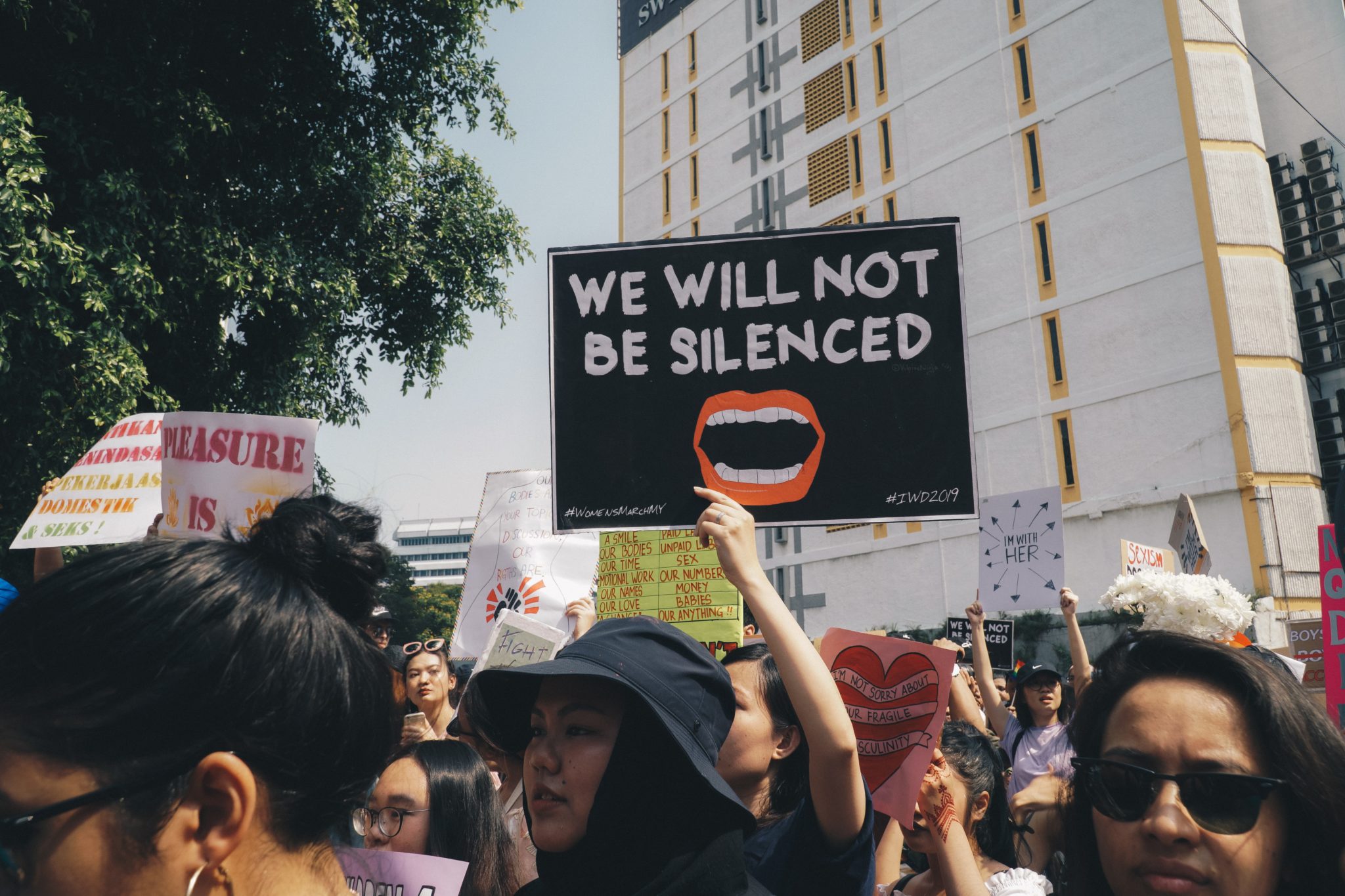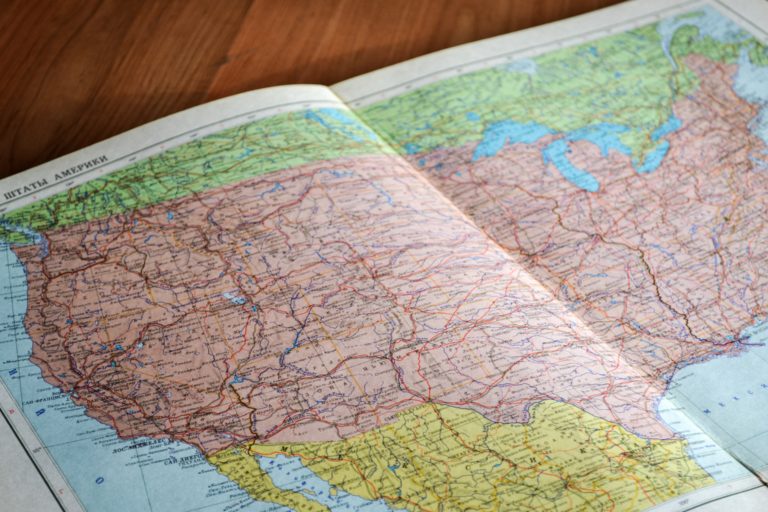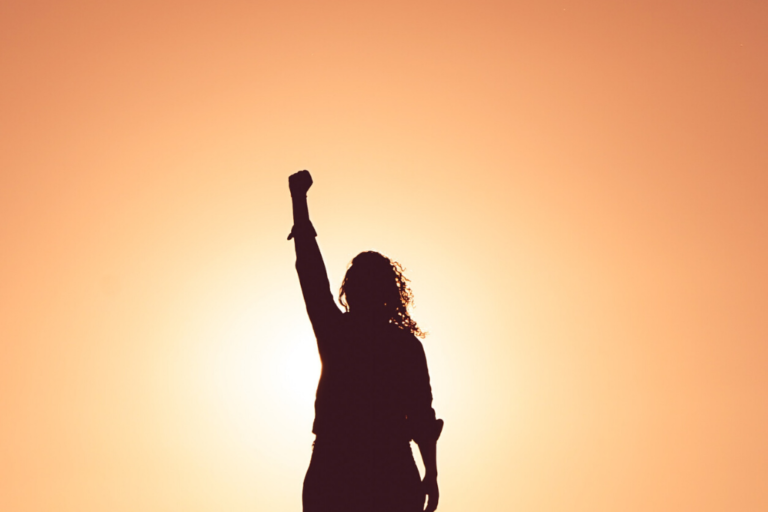Seeing a woman run for President is no longer a novelty thanks to Hillary…
The power of a woman’s anger

Watching last week’s debate in Nevada, I felt like the room got hit by a bolt of lightning. It seemed as if Senator Elizabeth Warren decided to put on her “I’m a Harvard Law professor and debate champion” hat before walking on stage.
On healthcare: “Pete’s plan is a PowerPoint. Amy’s plan is a Post-It Note.”
On Bloomberg: “A billionaire who calls women ‘fat broads’ and ‘horse faced lesbians.’ And no, I’m not talking about Donald Trump. I’m talking about Mike Bloomberg.”
The last one drew a collective “ooooooh” from the audience.
Throughout the Twitter-sphere, the reviews were overwhelmingly positive about Senator Warren’s debate performance. The week before that in New Hampshire, Senator Amy Klobuchar debuted a more assertive stage persona in the debate leading into the New Hampshire Primary, and she also received overwhelmingly positive reviews and a boost from late-deciding New Hampshire voters.
It has long been conventional political “wisdom” that for a woman to appear angry in a debate would reflect badly on her as a candidate. Interrupting male opponents was a dangerous move even as they were interrupted incessantly by the men. When I ran for office, I was often counseled by well-meaning supporters that I should “fix my face” and watch my tone lest I look like an “angry black woman.” As a candidate for President in 2008 and 2016, Hillary Clinton was cautious, measured, and very deliberate about how she used rare moments of indignation in interviews, forums, and debates.
What a difference three years of Trumpism can make. This time around, showing genuine frustration and being assertive has been a financial boon to both Warren and Klobuchar. Perhaps now, finally, women candidates’ righteous anger can be seen for what it is—an expression of long-held frustration at the status quo—rather than as a character flaw.
This wouldn’t be the first time it has happened in our history. I think specifically of my inspirations. There was Rosa Parks who was not just tired on the day she refused to give up her seat on the bus, but angry at years of discrimination she saw in her work as a NAACP activist. There was Fannie Lou Hamer—who endured years of physical abuse and death threats by white supremacists as she tried to organize black people to vote in violation of Mississippi’s Jim Crow laws—who famously shut down the 1964 DNC Convention by demanding her integrated Mississippi Freedom Democratic Party delegation be seated rather than the all-white delegation. In both situations, these women ignited major change for democracy not because they were polite but because they were angry. Rebecca Traister’s recent book, Good and Mad: The Revolutionary Power of Women’s Anger, highlights many other stories about how female anger has been a catalyst for social change throughout US history.
Post 2016, it is definitively women’s anger—especially that of women of color—that has created seismic change in American politics. After Trump’s inauguration, the largest march in support of women in US history rocked Washington and satellite locations around the world. Thousands of women reached out to organizations like EMILY’s List and Vote Run Lead to get help learning to run for public office, and many of them ran and won in 2017, 2018, and2019. Women formed organizations to support other women candidates and to find ways to be active in their community.
There were certainly naysayers to Senator Warren’s debate tactics last week, but perhaps in recognition of the times we live in, more are willing to affirm and support women standing up and speaking out about injustice in their society. This week neither Klobuchar nor Warren let up the pressure. They continued to be assertive about interrupting and making sure they had their say in the debate.
May this continue to be the norm for women candidates moving forward.






